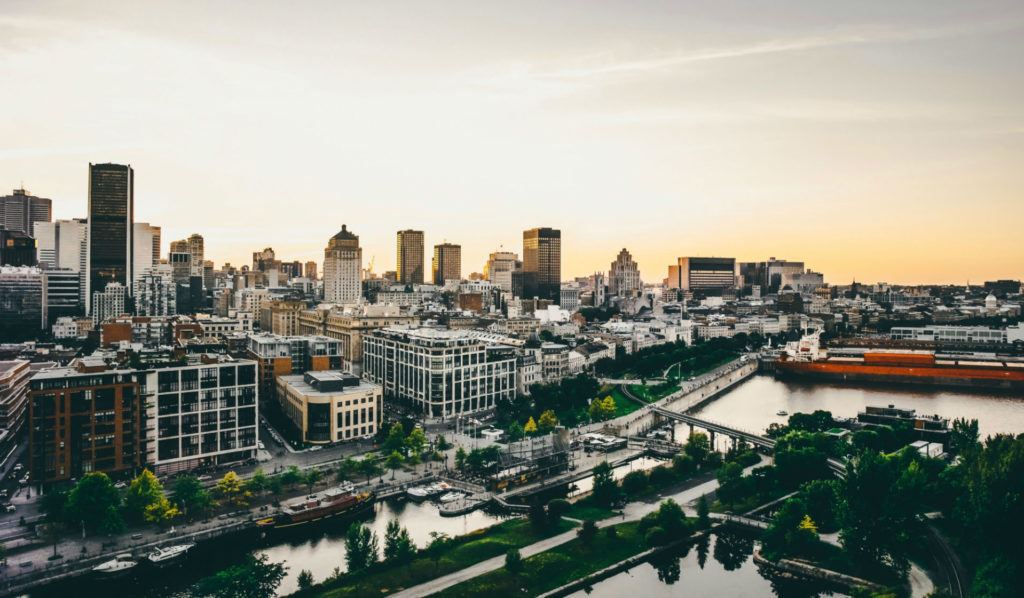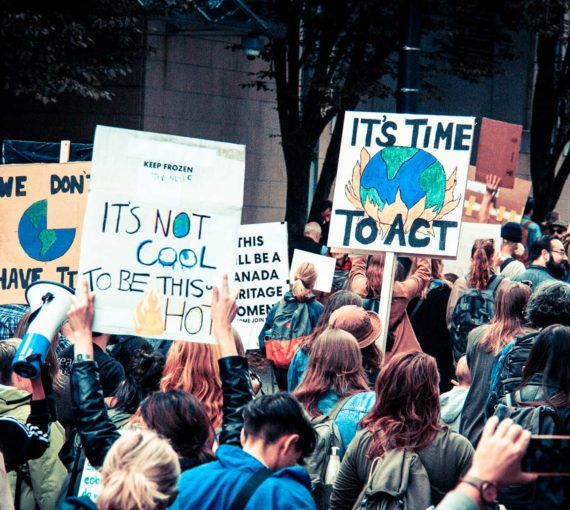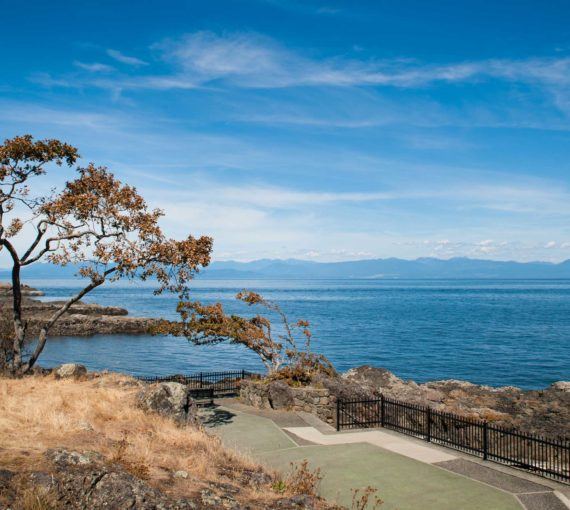
Canadians must really like each other. Although we live in one of the world’s largest countries with an endless horizon of space, we choose to live right next to each other in our cities. Over 80% of us now live in urban areas.
As our cities grow bigger, urban sprawl is beginning to affect our quality of life
The most obvious problem is that sprawl leads to a car-dependent culture — and driving is stressful for people and for nature. More traffic, more carbon emissions, more smog! But sprawl isn’t inevitable. It is often the result of poor planning and short-sightedness.
Sprawl affects us in surprising ways — like draining our precious free time and expanding our waistlines. A commuter who drives just one hour each day spends the equivalent of nine working weeks a year in a car. Researchers have found that people living in sprawling suburbs spend less time walking and weigh up to six pounds more than those living in pedestrian-friendly neighborhoods.
Urban sprawl is cutting into precious farm and wildlands, leaving us with less greenspace and precious wildlands, like bogs, which are being drained and paved over, putting valuable wildlife habitat and species at risk.
What can we do about urban sprawl?
So we know sprawl is bad news for health and nature, but there are things we can do:
- If you are moving, choose a home that is within a 30-minute walk, bike or transit ride from work, school or shopping. If you are not moving, try to get out of your car more and help reduce the many problems associated with being car-dependent.
- Learn more about what is going on your community: listen to the radio and read the local newspapers. Most cities in Canada are faced with a range of urban sprawl issues — road expansion, poor transit, new shopping malls and mega-stores, new suburban development, and stresses on existing water and sewage facilities. You can’t get involved if you don’t know what’s going on.
- Take your concerns to the next level. Contact your city planning department and convey your concerns and ideas. Talk to your mayor or city councilor about strengthening the best qualities of your city and redirecting plans to build out.



